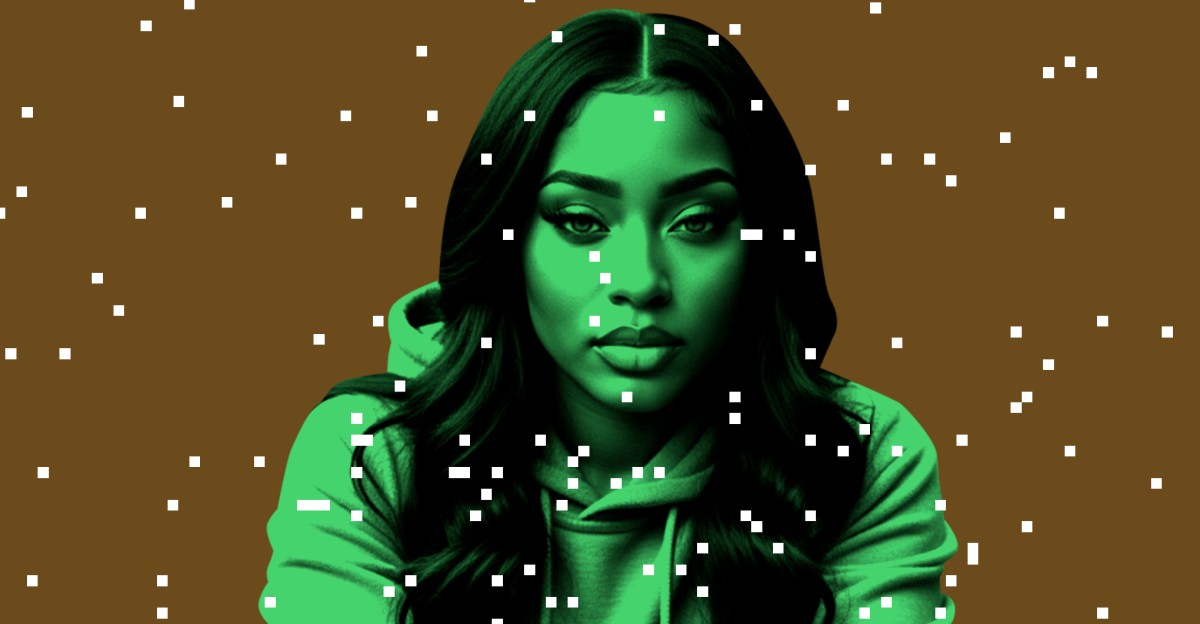Hallwood Media Signs AI-Generated Artist to Record Deal Amid Copyright Uncertainty

Key Points
- Hallwood Media signed a record deal with lyricist Telisha “Nikki” Jones, creator of AI‑generated artist Xania Monet.
- The agreement reportedly includes a multi‑million dollar offer.
- Monet’s music, vocals, and visual persona are produced using the AI music generator Suno.
- Copyright experts state that only human‑written lyrics may be eligible for protection; AI‑generated components are not.
- No copyright registrations for Jones or Monet are found in the U.S. Copyright Office database.
- Industry leaders warn that lack of enforceable rights could reduce the commercial value of AI‑generated music.
- Senator Peter Welch introduced a bill to increase transparency around AI training data.
- Hallwood Media and Jones’s manager have not provided detailed comments on the contract or legal position.
Hallwood Media has signed a record deal with Telisha “Nikki” Jones, the lyricist behind AI‑generated R&B act Xania Monet. The agreement reportedly includes a multi‑million dollar offer. Monet’s music, vocals, and visual persona are created using the AI music generator Suno, raising questions about copyright eligibility. Experts note that only human‑written elements, such as Jones’s lyrics, may qualify for protection, while the AI‑produced composition and sound recording lack clear copyright status. No registrations for the works appear in the U.S. Copyright Office database, and industry leaders warn of legal and commercial risks.
Record Deal with an AI‑Generated Artist
Hallwood Media recently entered into a record contract with Telisha “Nikki” Jones, a Mississippi‑based lyricist who creates music for the AI‑generated R&B persona known as Xania Monet. The deal, reported to involve a multi‑million dollar offer, marks a notable moment as a traditional record label backs an act whose likeness, vocals, and music are produced by artificial intelligence.
AI Technology Behind the Music
Monet’s songs are generated using Suno, an AI music generator that prompts the model with human‑written lyrics and produces full tracks, including vocal performances. The visual avatar and promotional materials for Monet are also AI‑created, giving the appearance of a conventional artist while the underlying content is machine‑generated.
Copyright Implications
Copyright scholars and practitioners emphasize that current U.S. law protects only works that contain human authorship. In AI‑assisted creations, only the human‑made expressive elements—such as Jones’s lyrics—can be registered for copyright. The AI‑generated composition and sound recording, lacking human creative input, are not eligible for protection under existing statutes.
The U.S. Copyright Office confirms this stance, noting that prompting an AI system does not confer authorship to the user. As of now, no copyright registrations for either Telisha Jones or Xania Monet appear in the Office’s online database.
Industry Reactions
Representatives from the Copyright Alliance caution that without clear copyright ownership, the commercial value of AI‑generated music may be uncertain. They argue that buyers could obtain the same content for free, questioning the rationale for paying for a product that lacks enforceable rights.
Hallwood Media has not commented on the specifics of the contract, and its manager, Romel Murphy, redirected inquiries about legal details to the label.
Legal and Legislative Context
Congressional attention to the issue is growing. Senator Peter Welch introduced legislation that would require AI developers to disclose training data, allowing copyright holders to assess whether their works have been used in model training.
These developments highlight a broader cultural shift as AI tools become more prevalent in music creation, outpacing existing legal frameworks and prompting calls for updated regulations.